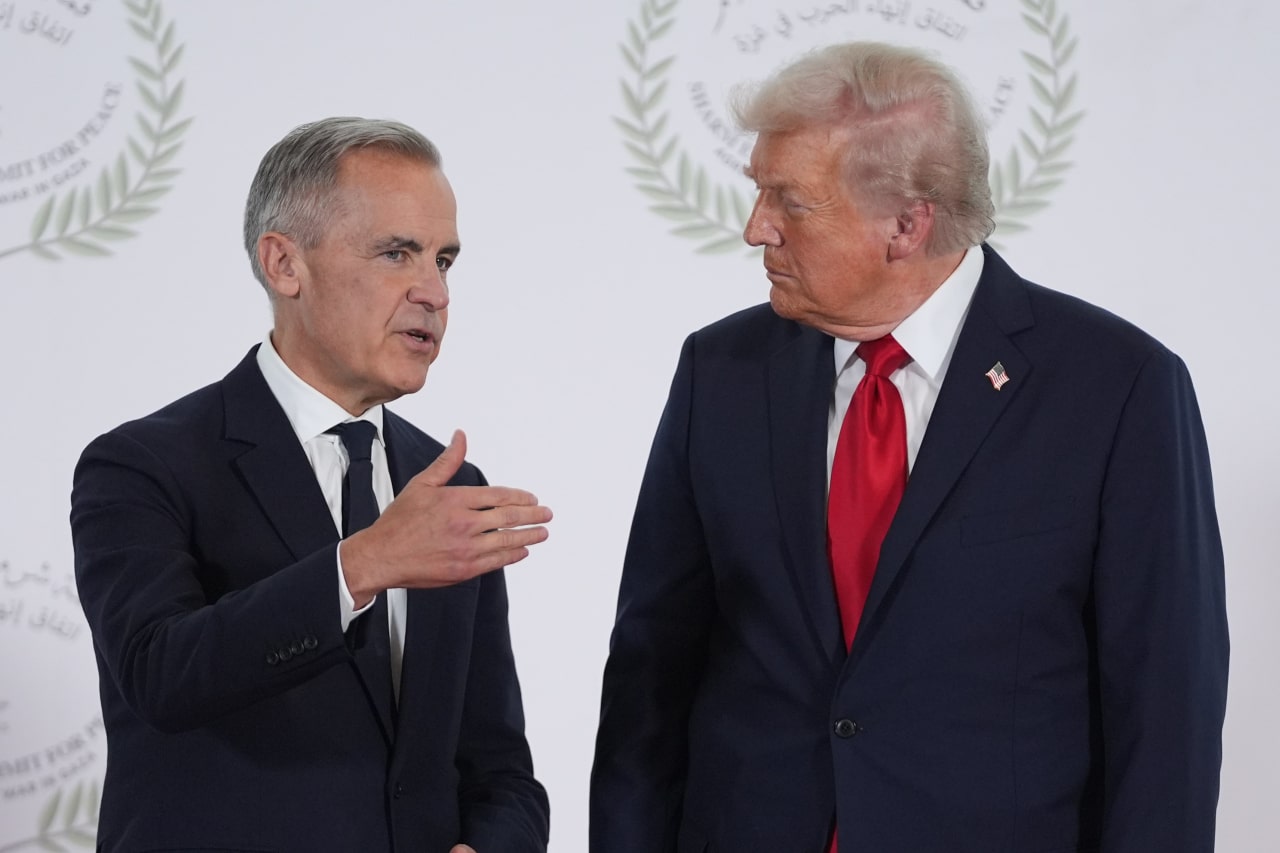Donald Trump, the former President of the United States, announced the termination of trade negotiations with Canada on October 10, 2023. This decision comes as a direct response to a controversial advertisement released by the Canadian government, which features a speech by Ronald Reagan criticizing tariffs. Trump expressed his discontent during a press conference, stating that the ad represented a “disrespectful” stance towards U.S. trade policies.
In his remarks, Trump emphasized that the advertisement was “disparaging” towards the importance of tariffs, which he views as essential for American economic interests. He claimed that Canada’s decision to run such an ad undermines efforts to reach a mutually beneficial agreement following the restructuring of the North American Free Trade Agreement (NAFTA).
The advertisement, which was aired on various media platforms, includes Reagan’s well-known opposition to tariffs, framing them as detrimental to free trade. This prompted Trump to respond sharply, suggesting that Canada is not taking the trade discussions seriously. He reiterated his administration’s commitment to protecting American jobs and industries through strong tariff policies.
Trump’s decision to halt negotiations has raised concerns among economists and trade experts. They argue that such a move could impact various sectors reliant on cross-border trade, particularly agriculture and manufacturing. Canada is one of the largest trading partners for the United States, and interruptions in negotiations could have significant implications for both economies.
The political landscape in both countries is also affected by this development. In Canada, officials have expressed disappointment, stating that they seek constructive dialogue and cooperation. Canadian Prime Minister Justin Trudeau has maintained that they are open to discussions but will not compromise on key issues related to trade fairness and economic sovereignty.
Trade relations between the U.S. and Canada have faced challenges in recent years, particularly under the Trump administration. The renegotiation of NAFTA led to the establishment of the United States-Mexico-Canada Agreement (USMCA), which aimed to modernize trade rules in North America. However, the current impasse raises questions about the future of these agreements and the potential for further escalation in trade tensions.
As negotiations remain suspended, both sides are now evaluating their next steps. Analysts suggest that without renewed dialogue, the economic repercussions could widen, affecting not only bilateral trade but also the broader North American market. The situation underscores the intricate balance of international trade relations and the impact of political rhetoric on economic policies.
The fallout from Trump’s announcement will likely be monitored closely by businesses and trade organizations as they prepare for possible changes in the trade landscape.








































































